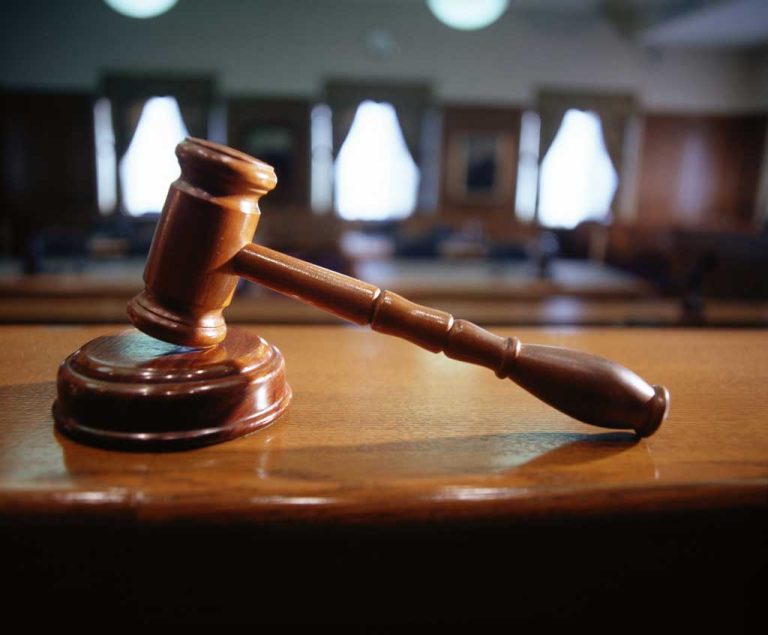MARRIED women are no longer required to choose to either vote in the names recorded on their birth certificate or amend their birth certificates to record their maiden name, because that legislation has been repealed after the 2022 General Election.
High Court judge Justice Dane Tuiqereqere yesterday made these remarks while dismissing a notice of originating motion sought by seven women seeking declarations that the 2021 amendments to the Electoral (Registration of Voters) Act and the Interpretation Act) were in breach of their rights under the constitution and thus, ultra vires.
The seven women, Lavinia Ganilau, Shiromani Singh, Adi Toganivalu, Elizabeth Fong, Leba Nabou, Yasmin Khan, and Salote Qalo filed a constitutional redress action in November 2021 in anticipation of the upcoming 2022 elections.
The 2021 amendments required everyone to use only the name on their birth certificate for voting and all legal purposes.
They also allowed those who had adopted new names, including women who took their husband’s name on marriage, to change the name on their birth certificates.
The women objected to changing their names on their birth certificates because this would expunge the official record of their birth identity, which had personal family and cultural significance for them. The plaintiffs contended that since the amendments adversely impacted women compared with other groups, they constituted indirect discrimination based on sex and gender. Based on the information provided by the previous attorney-general in Parliament when the 2021 amendments were being passed, more than 100,000 women were affected by the 2021 amendments.
The plaintiffs also alleged that the amendments breached their rights to privacy and family life and that the amendments were a disproportionate means of regulating elections and other matters. No decision was handed down by the former Chief Justice, Justice Kamal Kumar, before the 2022 Elections.
The new government, which won the 2022 elections, then repealed the 2021 amendments in July 2023 acknowledging that they breached affected persons’ rights.
Following the death of Chief Justice Kumar, the case was reassigned to Justice Tuiqereqere. At that stage, the defendants — the A-G’s office, the Supervisor of Elections, and the State submitted that the application should not be decided as the case had become moot given the repeal of the 2021 amendments. The plaintiffs, however, argued that even though the laws had been repealed, their case should still be decided to vindicate their rights and because there was a public interest in clarifying the constitutional rights involved. However, Justice Tuiqereqere did not agree with the plaintiffs’ argument that there is a public interest in continuing these proceedings because there is no indication that the issue will arise again in its present form.
“I am satisfied that there is no existing lis between the parties. The legislation that is front and centre in this proceeding has been repealed,” Justice Tuiqereqere ruled. “There is no longer any requirement on potential voters to use the name recorded in their birth certificate or for persons to use the name in their birth certificate for identification purposes.
“A determination by the court must have some practical utility. It would not be here. Simply providing vindication to the plaintiffs is not a valid basis to provide an advisory opinion. I cannot turn back the clock. I can only consider the matter as the law now stands. The 2021 amendments are no longer the law in this country. Any decision on the matter now would be an advisory opinion, and there is not, in my view, a legitimate basis to do so.”
The lawyer for the women, Jon Apted, said the plaintiffs were aware that the three Acts in issue had been repealed, but they had continued to pursue the case principally because they believed it was in the public interest for the High Court to clarify how the constitutional provisions relating to privacy, indirect discrimination and permissible limitations on constitutional rights operated.



